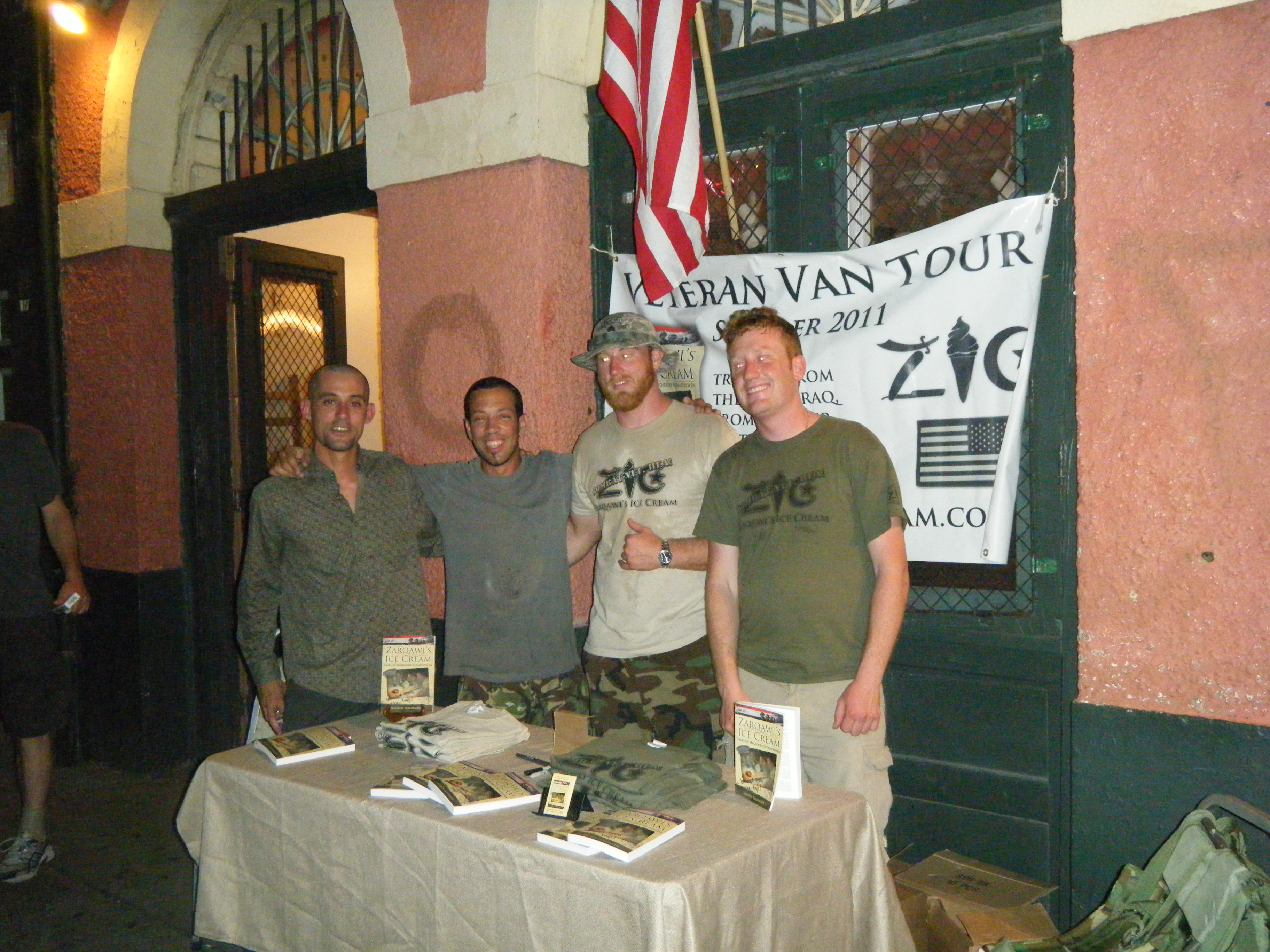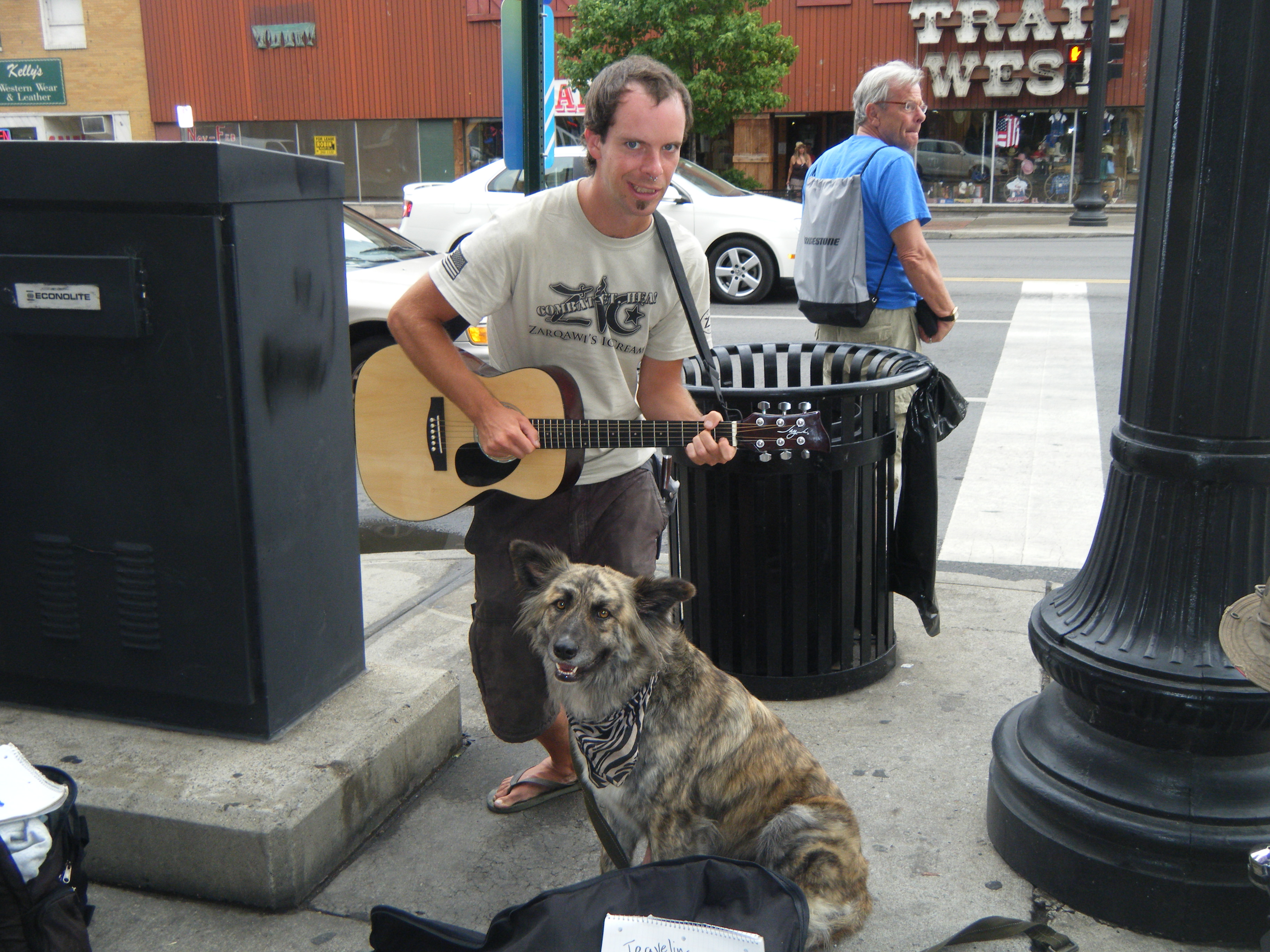“Back there I could fly a gunship, I could drive a tank, I was in charge of million dollar equipment, back here I can’t even hold a job parking cars.” – John Rambo, First Blood
I’m realizing that perhaps the hardest part about being a veteran is remembering all the amazing, monumental, and terrible things that happened in the past. All the struggle, pain, and remarkable overcoming; all in my past. The veteran has done extraordinary things, but his doubt is whether he can ever do it again. If the best is behind us why go forward?
How can I do great things in this mundane new life? Where is the real struggle in sitting in class for three or four hours a day or working in front of a computer or holding a nine to five? How do I make friendships based on substance abuse and debauchery? How can anyone respect me when they’ve never seen the best of me?
So the veteran withdraws into himself. He is suspicious, aloof, and always alone. Maybe he’s proud of his accomplishments; wears a piece of camo or mentions his service offhand in a college class. It doesn’t last long. The apathy, the disinterest, the total lack of empathy, the accusations, feigned acknowledgment; it beats him down until he’s almost ashamed of his service.
Theory, it’s all theory in this “normal life”. No one does anything, no one knows anything, they just talk about how “it should work” and everyone has the answer. College professors dismiss the veteran and think that their studies in books mean something, that they know something about the real world. They talk about good philosophy, religion, and culture; but the veteran has seen these “good” theories lead to mangled bodies, orphaned children, and disabled soldiers. I have nothing in common with my fellow college students who see a college education as punishment rather than an exceptional privilege.
And now I’m back in paradise, back to the islands of Hawaii after touring the country and living rough and seeing all my former brothers in arms. I should be happy, but am I? It’s my own damn fault, no one’s but my own. I should be putting myself out there, making friends, womanizing, but I can’t do it. Everyone is soaked in substance abuse and I can’t do that any longer. The isolation is my PTSD, I cannot rejoin the herd.
“It was a bad time for everyone, Rambo. It’s all in the past now.”
“For you! For me civilian life is nothing! In the field we had a code of honor, you watch my back, I watch yours. Back here there’s nothing!”
I know there’s something out there, I can be real again. The problem is finding it.



